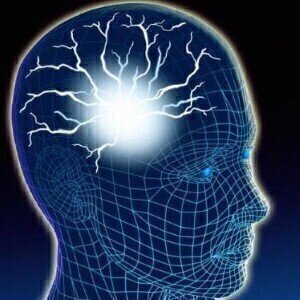-
 Scientists highlight paradoxical effect of dopamine replacement therapy
Scientists highlight paradoxical effect of dopamine replacement therapy
News & Views
Scientists make breakthrough with Parkinson's treatment
Jun 15 2011
Dr Oury Monchi, an expert in neuronal modeling and head of the Neurophysiological and Neuroimaging Research theme at the Centre de recherche de l'Institut universitaire de geriatrie de Montreal (IUGM), affiliated with the Universite de Montreal, and Dr Penny A MacDonald, neurologist and postdoctoral fellow, identified the reasons during a clinical laboratory study.
The part of the brain most affected by dopamine depletion as a result of Parkinson's disease is the striatum which is divided into several structures.
In Parkinson's disease, the dorsal striatum is more severely affected while the ventral striatum remains largely unaffected in the early stages.
"We observed that while dopamine replacement therapy enhances the functions of the dorsal striatum, it is at the expense of the ventral striatum which suffers a dopamine overdose, impairing its function", Dr Monchi explained.
Dr MacDonald suggested that the findings will allow scientists to explore different treatments which could improve overall health.
Digital Edition
Lab Asia 31.2 April 2024
April 2024
In This Edition Chromatography Articles - Approaches to troubleshooting an SPE method for the analysis of oligonucleotides (pt i) - High-precision liquid flow processes demand full fluidic c...
View all digital editions
Events
Apr 28 2024 Montreal, Quebec, Canada
May 05 2024 Seville, Spain
InformEx Zone at CPhl North America
May 07 2024 Pennsylvania, PA, USA
May 14 2024 Oklahoma City, OK, USA
May 15 2024 Birmingham, UK

















